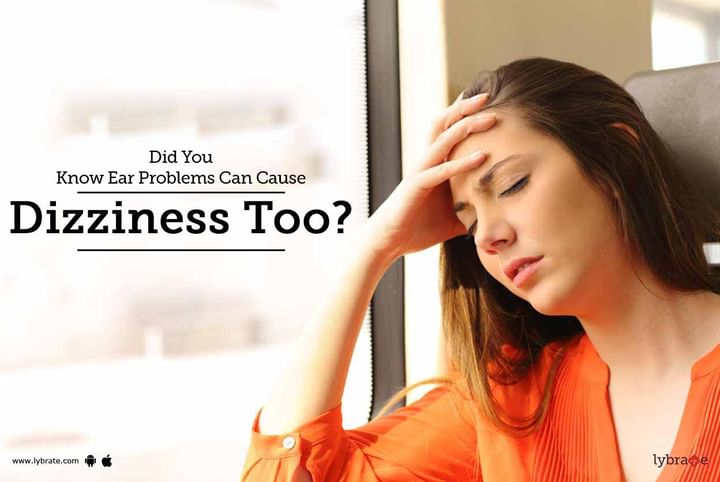Did You Know Ear Problems Can Cause Dizziness Too?
The ear is typically associated with hearing. However, it plays a much larger role in our daily functioning. The ear also helps us maintain our balance. In fact, one of the most common causes of loss of balance or dizziness is a blocked ear canal.
Dizziness can range from a brief moment of imbalance and light-headedness to a severe spinning sensation. In severe cases, it can also result in a black-out. To maintain one’s balance, the input is needed from the eyes, inner ear and joints of the feet and legs. These impulses are processed by the brain which sends out signals to other limbs and organs on what needs to be done to maintain balance. A disturbance in any one of the three inputs can cause dizziness or a loss of balance.
Which part of the ear is responsible for dizziness?
The structure of the ear can be categorized into an external part and an internal part. The external part of the ear is responsible for receiving sounds, amplifying them and forwarding them to the inner ear. The inner ear is shaped like a snail. It has two interconnected parts. One part helps convert sounds into electrical signals that can be transported to the brain while the other helps maintain balance. This consists of three balance canals.
These canals move in a different direction depending on the movement of the head. This part of the inner ear also contains 2 small components with sensory cells covered in small calcium crystals. These compartments help sense linear movements such as rocking, bouncing or swaying movements. If the crystals covering these compartments are dislodged, the person may lose his or her balance. A tumour in the inner ear can also lead to a loss of balance.
Meniere’s syndrome
Meniere’s syndrome is a disorder related to the inner ear. This is a common cause of dizziness and vertigo. Meniere’s syndrome usually affects only one ear. This is marked by an abnormal collection of fluid in the inner ear. Blockages in the ear canal, an allergy, stress, fatigue or a trauma are some of the common reasons why this fluid may accumulate in the ear. Dizziness caused by this disease is usually noticed in the first and second stage of this condition. In such cases, dizziness may be accompanied by a loss of hearing, ringing sensation in the ears and pressure in the affected ear.



+1.svg)
